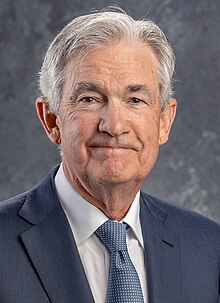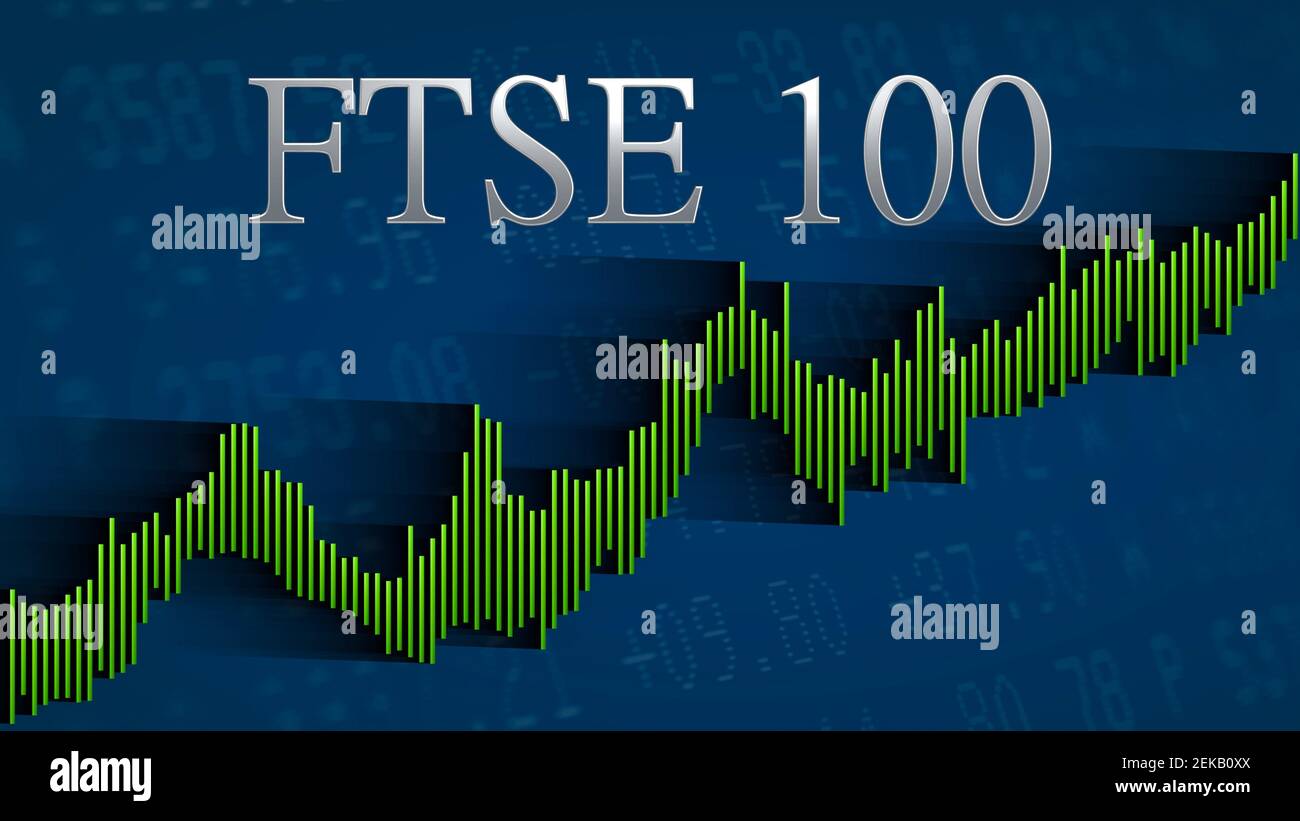
- Photo: Jerome Powell, US Federal Reserve Chair
Donald Trump may be turning up the heat on the Federal Reserve, but he won’t dare pull the trigger on Chair Jerome Powell’s job because the market reaction would be immediate, brutal and global.
This week’s planned visit by the US president to the Federal Reserve is a rare and overt display of political pressure, marking the first time in almost 20 years that a sitting president will make an official trip to the central bank.
It’s a bold move, but one that underscores Trump’s growing frustration over monetary policy rather than any actual likelihood of Powell’s removal, says the CEO of global financial advisory giant deVere Group.
Nigel Green comments: “Trump knows markets would go into freefall if he fired Powell. Investors would dump risk assets instantly. This isn’t just about interest rates; it’s about credibility, institutional independence, and global trust.”
Futures trading makes the stakes clear. S&P 500 futures are flat. Nasdaq 100 futures are marginally positive, up 0.22%.
However, futures tied to the Dow Jones Industrial Average are already 0.29% lower — a hint of the anxiety building in the system. Markets are watching closely, and they’re on edge.
“Any attempt to oust Powell could unleash volatility not seen since the financial crisis,” says Nigel Green.
“This would send the dollar into a tailspin, push bond yields higher, and spook equities across all sectors. The ripple effect would likely hit every market — from New York to London to Tokyo.”
Trump has long voiced his discontent with Powell, particularly when interest rates haven’t matched his political timetable.
But Powell is no stranger to White House pressure. What’s changed is the stage, with Trump now physically inserting himself into the Fed’s orbit, which is a move designed to unsettle, distract, and provoke.
However, markets aren’t easily manipulated, and they respond most fiercely to threats against institutional stability.
“The Fed’s independence is one of the few things left that gives investors confidence that the system works,” Nigel Green continues.
“If Trump tried to strip that away, especially with the economy still digesting years of inflation, investors would react with fury.”
There’s also a legal firewall. While the US president can technically remove a Fed Chair “for cause,” Powell’s tenure, which runs through May 2026, is protected by precedent and political calculation.
“To terminate him without due process would ignite a constitutional crisis, not just a market one.”
Trump may crave looser monetary policy, especially as inflation moderates and markets price in more rate cuts for 2025, although even a dovish pivot doesn’t justify a full-scale assault on central bank leadership.
“The irony is, Powell is already moving in the direction Trump wants,” says Nigel Green.
“Rate cuts are likely coming, inflation is decelerating, and growth is holding. This isn’t 2018. Trump doesn’t need to stage a coup at the Fed. He needs to let the system work.”
Markets have long memories. After Nixon pressured the Fed in the 1970s, inflation ran out of control. After Trump fired FBI Director James Comey, markets were rocked. Any repeat with the Fed Chair, particularly under circumstances viewed as overtly political, would “damage US economic credibility on the world stage,” notes the deVere CEO.
Already, foreign investors are sensitive to signs of institutional weakness. Any perception that the Fed is under direct political control could lead to a divestment of US assets, weakening the dollar and making financing government debt more expensive.
“If Powell is removed, the fallout would be instant,” Nigel Green warns. “It would create a panic premium in markets. Investors would demand higher yields to hold US debt. Stocks would be slammed. And America’s financial leadership would be shaken — not just short-term, but longer-term too.”
While the optics of a White House visit to the Fed may satisfy Trump’s need to project dominance, the substance tells a different story. He can rattle the cage. But he won’t break it, because the costs could be catastrophic.
“The market is calling his bluff,” concludes the deVere chief executive.













